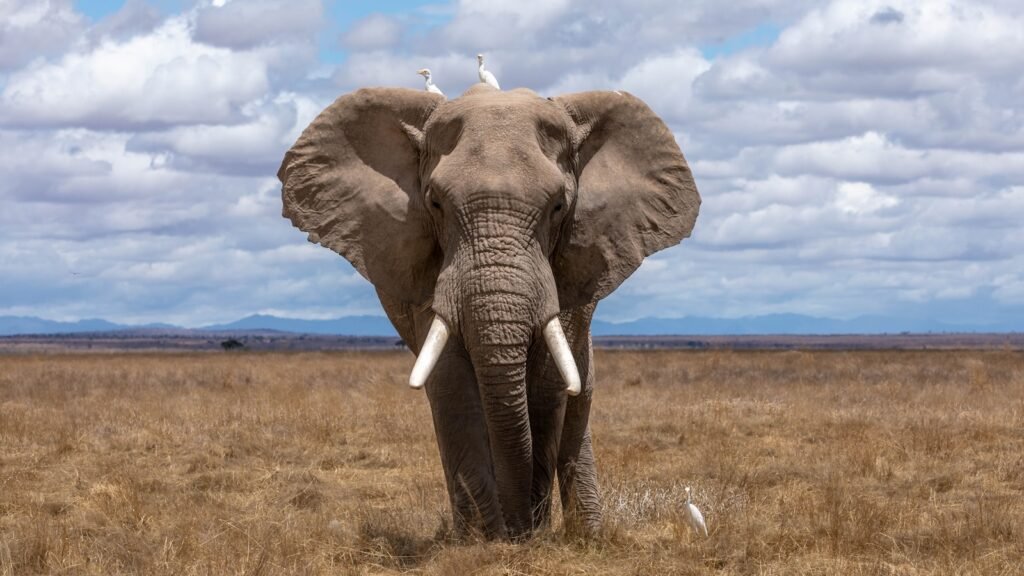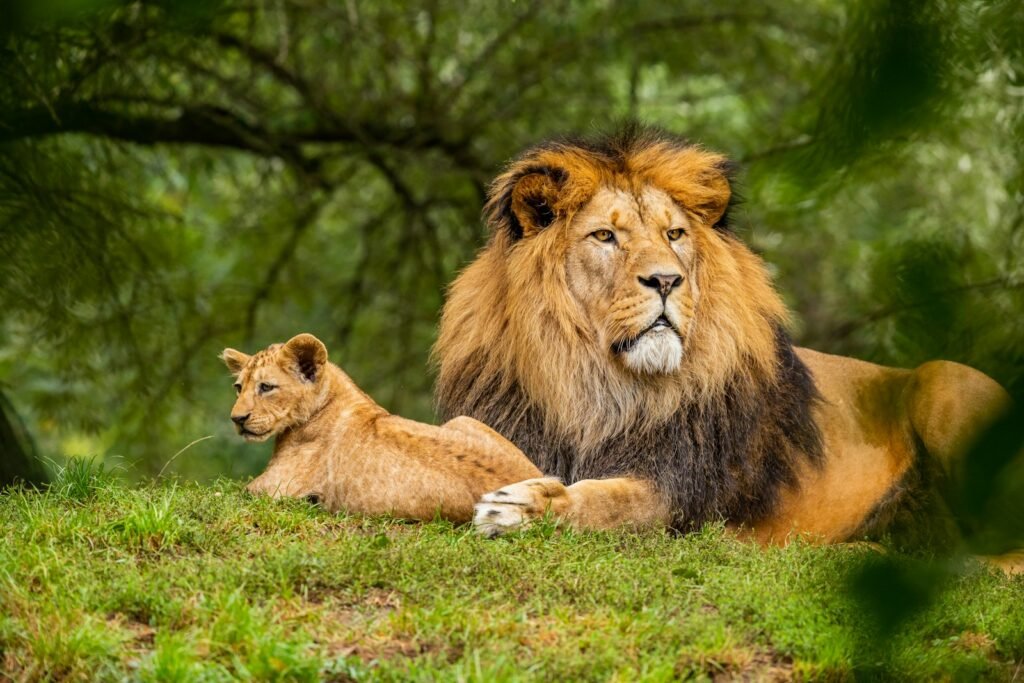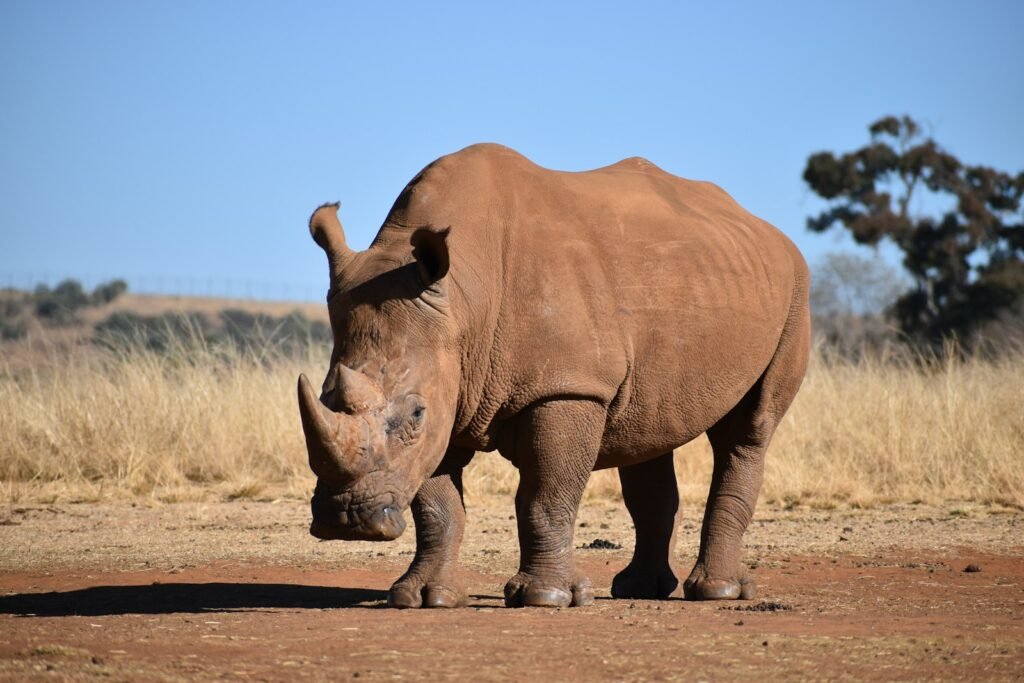Congressman Ted Lieu and Congresswoman Sheila Jackson Lee have reintroduced their bill to congress in what would be an extension of the Endangered Species Act (ESA). The bill is called the ProTECT Act, Prohibiting Threatened and Endangered Creature Trophies Act.
The proposed act would prohibit importing trophy kills into the United States if the animal in question is listed as an endangered or threatened species.
Rep. Lieu called trophy hunting selfish and cruel, noting that it undermines conservation efforts.
“By removing the biggest, strongest animals, we harm genetic diversity and social structures, worsening the species’ decline,” Lieu said in a March 2024 press release.
What is Trophy Hunting and Why it Creates an Ethical Dilemma

The ProTECT Act states: “Trophy hunting of imperiled species undermines efforts to conserve wildlife populations because trophy hunters routinely target the biggest, strongest males, and removing those individuals from the population can decrease genetic variation, decrease reproduction, alter social structures, increase infanticide, and cause unnatural evolutionary impacts.”
Species like elephants, tigers, and rhinoceroses, often targeted for their prized body parts, will receive heightened safeguards under the proposed legislation. The bill seeks to ban the import of trophies from endangered species and increase penalties for illegal hunting.
Conservationists argue that eliminating the financial incentive for trophy hunting is crucial for preserving these species, ensuring thier survival for future generations. The move marks a step forward in global wildlife protection.
The Trophy Hunting Debate

Extra Protections for Threatened and Endangered Animals
According to the ProTECT Act currently on the House floor, the original ESA Act prohibits the import of endangered species, however the protections are not extended to threatened species, which is what this bill would do.
“At a time when imperiled wildlife face a multitude of extinction threats, trophy hunting runs contrary to the conservation needs of vulnerable and iconic species. Not only is this industry cruel, but it has been proven time and time again to pale in comparison to the economic impact that ecotourism brings to both local communities and wildlife,” said Humane Society Legislative Fund President, Sara Admundson in a press release dated March 2024.
A Step Forward for Wildlife Conservation

The ProTECT Act has earned widespread support from animal welfare and conservation organizations, including the Humane Society of the United States, World Animal Protection, and Wild For Change.
According to World Animal Protection, between 2005 and 2014, more than 1.26 million wildlife trophies were imported into the U.S., with species like African elephants, leopards, and lions among the most targeted.
If passed, the ProTECT Act would make the importation of trophies from endangered and threatened species a federal crime, marking a critical step forward in global wildlife protection.